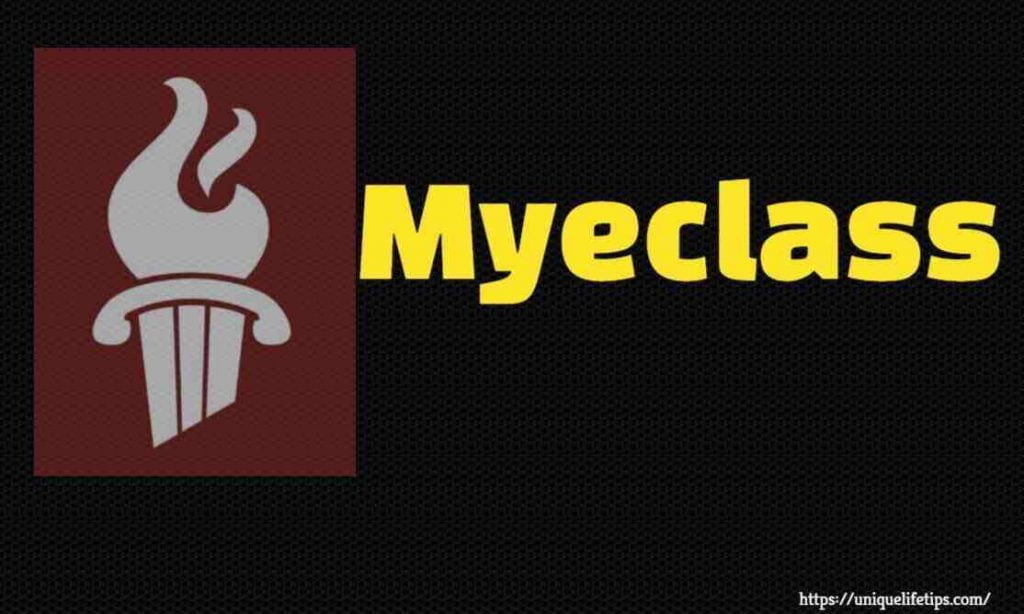Last updated on March 27th, 2024 at 04:41 pm
In times when the need for e-learning continuously increases, you should know how to make the appropriate choice of an online course for effective studying. Nevertheless, each online course is different, and a one-size-fits-all approach doesn’t always apply when it comes to online education.
Knowing more about how you learn would make it easy for you to choose appropriate courses because most e-learning courses are designed in a way that facilitates better performance if they are compatible with one’s learning approach. This paper looks at various learning styles and suggests a guide for selecting relevant online courses based on them.
Table of Contents
1. Visual Learners
Visual learners use sight to obtain sensory input about various things. Thus, if you are a visual learner, here are some things to consider when choosing an online course:
- Identify programs with an emphasis on visuals. Look for classes with infographics, diagrams, and videos. They will help in improving your knowledge and information comprehension, memory retention, as well as the learning process.
- Look for video-oriented content. Visual learners may find video lectures or demonstrations useful. Seek classes with videos or other support material, such as recorded lectures and demonstrations.
- Choose courses that have impressive visual presentations. For example, courses focusing on aesthetics like professionally designed graphics and interesting content can engage and retain your attention.
2. Auditory Learners
These include people who understand best when information is presented in the form of spoken words or sounds. Here are some tips for auditory learners while selecting the appropriate online courses:
- Consider enrolling in courses with audio components. Look for classes with auditory lectures or podcasts. Instead of reading, you could listen to lectures, discussions, or interviews which will give your brain the ability to think about it and remember better.
- Investigate if there are options for live discussions. Live webinars, discussion forums, or even group projects will afford the auditory learner a chance to engage in verbal exchanges, thereby promoting active participation.
- Go for classes offering well-organized and articulate audio records. Selecting courses with high-quality audio tracks where the speaker clearly articulates words at a manageable pace enables full comprehension as one does not struggle to hear or understand what the teacher has said.
3. Kinesthetic Learners
Learners who respond to the kinesthetic teaching style learn through doing and engaging in exercises. In case you are a kinesthetic learner, make sure you take these points into consideration when opting for online courses:
- Choose more hands-on or interactive activities. Register for classwork that involves simulations, practicums, case studies, etc. Such exercises will allow you to be directly involved in your studies.
- Ensure that you choose courses that have practical relevance. Ensure you choose programs that focus more on case studies, practical assignments, and fieldwork, among others. This will enable one to learn by doing, which enables the application of knowledge acquired.
- Go for highly interactive programs. Seek courses that incorporate interactive platforms, like virtual labs, where you can change objects and do some testing or take part in a series of problem-solving activities.
4. Reading/Writing Learners
Reading/writing learners prefer learning by means of text, love note making and organizing materials in writing form. For a reading/writing learner, these are some points to keep in mind while selecting e-courses:
- Take subjects that have extensive reading resources. Go for programs with comprehensive written materials such as course notes, textbooks, and downloadable study aids. With these resources, you can interact with the text and jot down your learning points. Also, it is possible for you to acquire coursework help from a leading writing agency in case you find it hard to accomplish your assignments.
- Ensure that you choose courses involving discussion forums and writing assignments. Search for classes where a lot of written discussions or assignments are encouraged. These activities give the students an opportunity to solidify their understanding of the course and present them in writing.
- Go for courses with well-set-out outlines. Course outlines for reading/writing learners should be well organized so that they can easily follow through course content.
5. Multimodal Learners
There are some people who combine the learning styles, and therefore, a mixture is good for them. As a multimodal learner, you should consider the mentioned aspects in your choice of online courses:
- Consider enrolling in courses with multiple sources of learning. Opt for classes with a combination of visual, audio, and physical characteristics. These may include videos, audio lectures, interactive activities, and reading materials. Taking courses that meet different learning styles can allow you to interact with them differently and strengthen your comprehension.
- Choose a course that adopts flexible learning methods. Search for courses that include more interactive learning where you can consume the content according to your pace. You should also look out for some courses that may provide transcripts or captions of the video lectures for the purpose of reading as you listen through. Some may give electronic resources that you can download, print, and annotate. Enhancing your learning is possible when you have options to learn in a way you feel most comfortable with.
Use These Criteria to Select Online Courses
Selecting an online course that matches your way of learning can improve the quality of the process and the rate at which you will succeed in mastering what is being taught. Whether you are a visual learner, auditory learner, kinesthetic learner, reading/writing learner, or multimodal learner, there are practical approaches you should put in place before selecting an online course.
You can enhance your online learning experience by searching for courses that have the necessary features, such as visually engaging materials, audio content, hands-on exercises, or clearly delivered notes. However, you need to be aware of your preferred methods of study and look for classes that use these approaches to help meet your academic objectives.
Related Articles:






